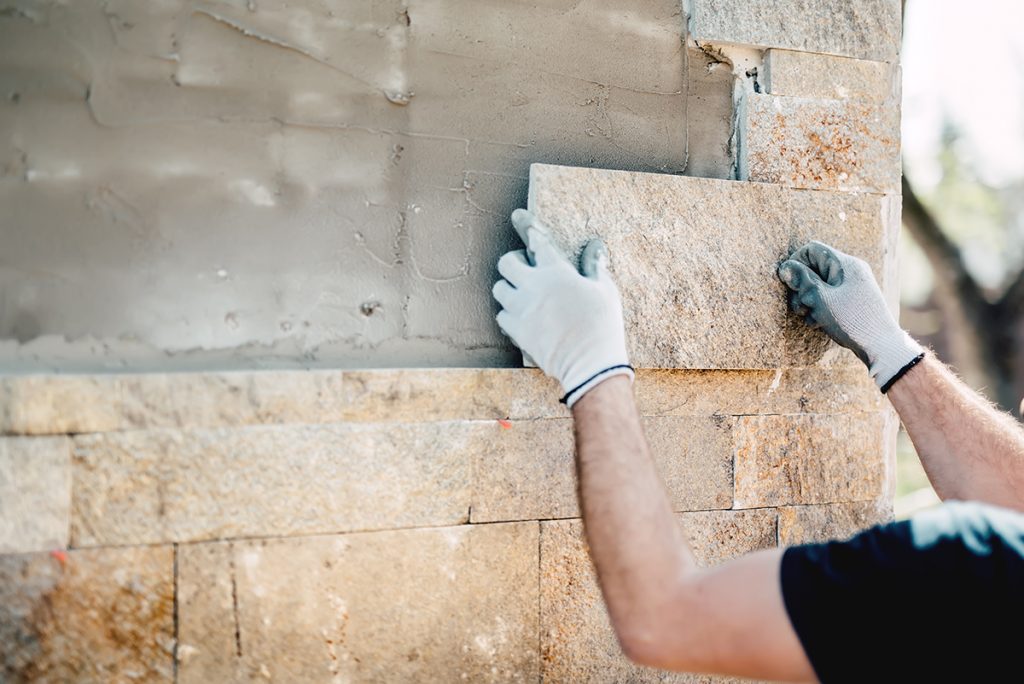Lime is a commonly used material in various industries, including construction, agriculture, and manufacturing. It is known for its ability to neutralize acidic substances and improve soil quality. However, there has been some concern about whether lime can damage steel, which is a crucial material in many industrial applications. In this article, we will explore this question in detail and provide a comprehensive analysis of the effects of lime on steel.
Firstly, it is important to understand the chemical composition of lime. Lime is primarily composed of calcium oxide (CaO), which is a highly reactive substance. When it comes into contact with water, it undergoes a chemical reaction to form calcium hydroxide (Ca(OH)2), which is the active ingredient in lime. Calcium hydroxide is highly alkaline, with a pH of around 12.4, which makes it an effective neutralizer of acidic substances.
Now, let's consider the effects of lime on steel. Steel is an alloy composed primarily of iron and carbon, with small amounts of other elements such as manganese, silicon, and phosphorus. Steel is known for its strength, durability, and resistance to corrosion. However, it is not completely immune to chemical reactions, especially with highly reactive substances like lime.
One of the main concerns with lime and steel is the potential for corrosion. Corrosion occurs when a metal reacts with its environment, leading to the degradation of its physical and chemical properties. In the case of steel, corrosion can lead to rust formation, which weakens the material and reduces its lifespan. However, the extent of corrosion depends on various factors, such as the concentration of lime, the duration of exposure, and the presence of other substances.
In general, lime is not considered to be highly corrosive to steel. This is because the alkaline nature of lime can actually help to protect steel from corrosion. When lime comes into contact with steel, it forms a thin layer of calcium carbonate (CaCO3) on the surface of the metal. This layer acts as a barrier, preventing further corrosion and protecting the steel from the effects of acidic substances.
However, it is important to note that prolonged exposure to lime can still lead to corrosion. This is because the calcium carbonate layer can break down over time, especially in the presence of moisture or other corrosive substances. Additionally, if the concentration of lime is too high, it can react with the steel to form calcium iron oxide (CaFeO2), which is a less protective layer and can lead to further corrosion.
In conclusion, the answer to the question "Does lime damage steel?" is not a simple yes or no. While lime is not highly corrosive to steel, prolonged exposure or high concentrations can still lead to corrosion. However, the alkaline nature of lime can also help to protect steel from corrosion, making it a useful material in certain industrial applications. As with any chemical substance, it is important to handle lime with care and take appropriate safety precautions to minimize the risk of damage to steel or other materials.

More Stories
彩色裝飾建築膜:重塑香港家居與建築美學的新選擇
Common Problems and Solutions in Architectural Tempered Glass Installation
Non-invasive pipeline repair: a "minimally invasive surgery" for underground pipelines